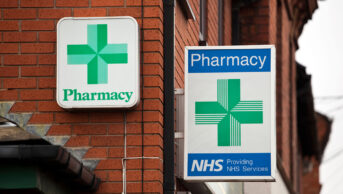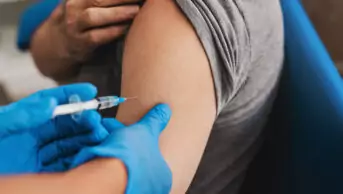
Jeff Gilbert
Pharmacists will “undoubtedly contribute” to cardiovascular disease (CVD) prevention and diagnosis as part of primary care networks by 2021/2022, England’s chief pharmaceutical officer, Keith Ridge, has said.
Speaking at a conference at the King’s Fund in London on 17 July 2019, Ridge said that NHS England has started work on outlining the specifications for seven services, which are to be delivered over 2020/2021 and 2021/2022.
The services, outlined in the five-year GP contract, include providing structured medications review and optimisation, enhanced health in care homes, anticipatory care, personalised care and supporting early cancer diagnosis in 2020/2021.
CVD prevention and diagnosis, and tackling neighbourhood inequalities are also expected to be delivered through the GP contract by 2021/2022.
Ridge told the conference that “there are aspects of those [seven services] that pharmacists will undoubtedly contribute to”, depending on negotiations over the service specifications between NHS England and the British Medical Association’s General Practice Committee.
Ridge also announced plans to rebrand the Digital Minor Illness Referral Service (DMIRS) as the NHS Community Pharmacist Consultation Service (CPCS), which will combine both the NHS 111 and GP referral models.
Referrals from NHS 111 to community pharmacies providing DMIRS have been piloted in the North East of England since December 2017, and in Devon, the East Midlands and London since late 2018.
GP referral to community pharmacy has been piloted in six sites across England since 20 May 2019, with plans for a national rollout of both DMIRS pilots “subject to negotiation”.
Negotiations over the next community pharmacy contract are currently ongoing between NHS England and the Pharmaceutical Services Negotiating Committee.
If the national rollout of DMIRS pilots goes ahead, NHS England estimates that 20.4 million GP appointments could be transferred to community pharmacy through the CPCS.


